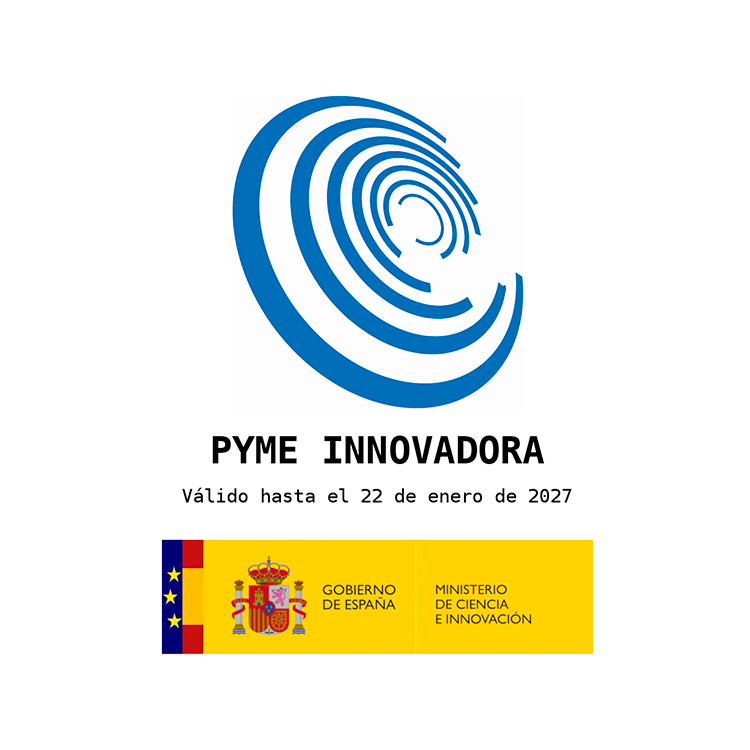SPEDI-TEST introduces a novel and unique solution for septic shock affected patients. The IMIB’s Molecular Inflammation Group is the first-ever clinical or biochemical research group that has detected that monocytes of human patients present early an inability to activate the nlrp3 inflammasome within the first 24 hours of the inflammatory response in sepsis, and this has a cause-effect relation with more than 80% of deaths in such patients. Since this discovery, the group has developed, and exclusively licensed it out to Viva In Vitro, a novel in vitro prognostic method for the rapid—less than 4 hours—detection of this early inability to activate the nlrp3 inflammasome, as a biomarker not only of sepsis but of the most likely evolution of the septic patient.
This novel IVD method is able to differentiate patients likely to develop subsequent life-threatening complications from those who are not at risk of suffering such complications. This results in an early and more accurate prognosis that makes feasible more accurate and personalized therapy and patient care . Identifying such sepsis-related immunosuppression is key, as it will reduce the current mortality rate due to sepsis, reduce sequelae in patients and reduce healthcare costs.
This project received funding from what happens to be one of the most demanding calls in the world, the Consolidation of the European Research Council (ERC).












